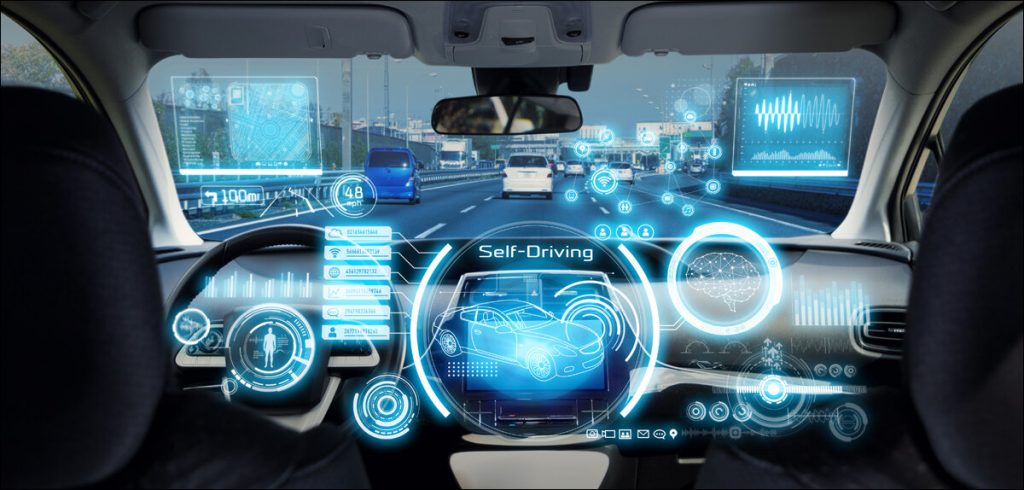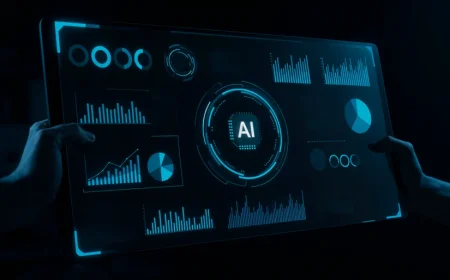From revolutionizing design and manufacturing to optimizing user experiences and unlocking new revenue streams, AI fuels the electric vehicle industry’s journey into the future.
In recent years, the automotive industry has experienced significant changes. Modern cars and two-wheelers are no longer just simple modes of transportation with wheels. They have transformed into sophisticated gadgets on wheels, featuring advanced technologies like connected and autonomous systems. The driving force behind this evolution is Artificial Intelligence (AI), playing a crucial role in reshaping and advancing modern vehicles.
The rise of electric vehicles has accelerated this transformation. Unlike traditional vehicles powered by internal combustion engines, which depend on numerous moving parts and machinery, electric vehicles operate more on software to ensure the efficient functioning of their electric propulsion systems. In recent years, there has been a substantial increase in demand for electric vehicles, driving further integration of Artificial Intelligence (AI) in the automotive industry. The implementation of AI follows a multi-faceted approach, extending from the supply chain to ongoing user ownership of the vehicle.
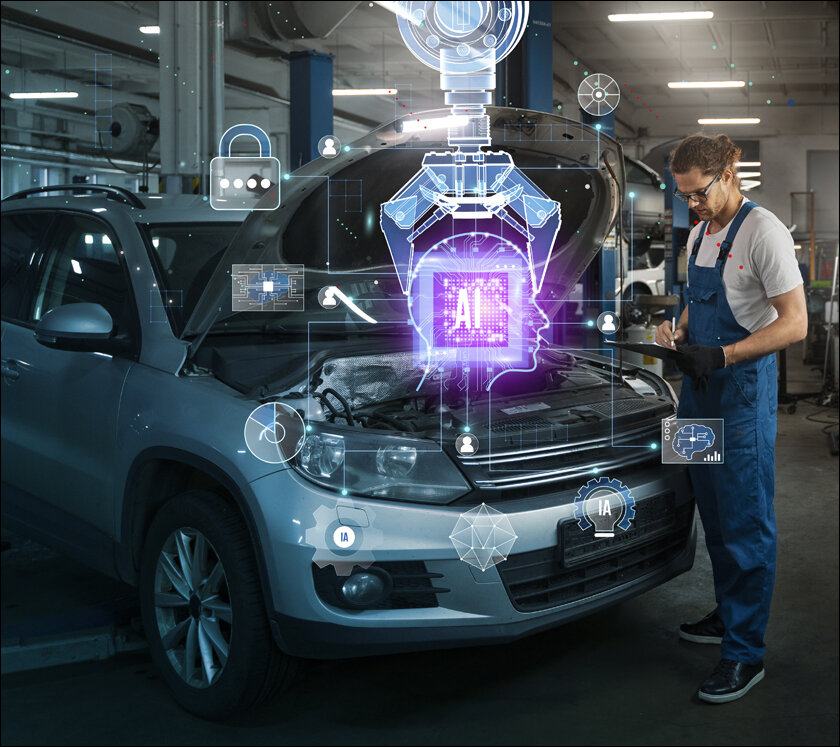
AI is swiftly reshaping the automotive industry, and its impact on electric vehicles (EVs) is particularly noteworthy. The integration of AI in EVs comes with various advantages. Key aspects that AI addresses for electric vehicles encompass predictive maintenance, enhanced performance, safety features, improved user experience, and heightened efficiency.
AI is assisting the EV sector in its efforts to innovate and flourish.
The integration of AI in electric vehicles plays a crucial role in establishing electric mobility as a service (eMaaS). Through AI-based data analytics and machine learning, new industry standards are being set in the management of the entire lifecycle of EVs. This not only lowers the costs associated with adopting electric vehicles but also makes this technologically advanced form of mobility more economical for users. Additionally, AI contributes to performance optimization in electric vehicles by analysing the health of the battery and predicting the remaining range, taking into account factors such as speed, acceleration, and power consumption.
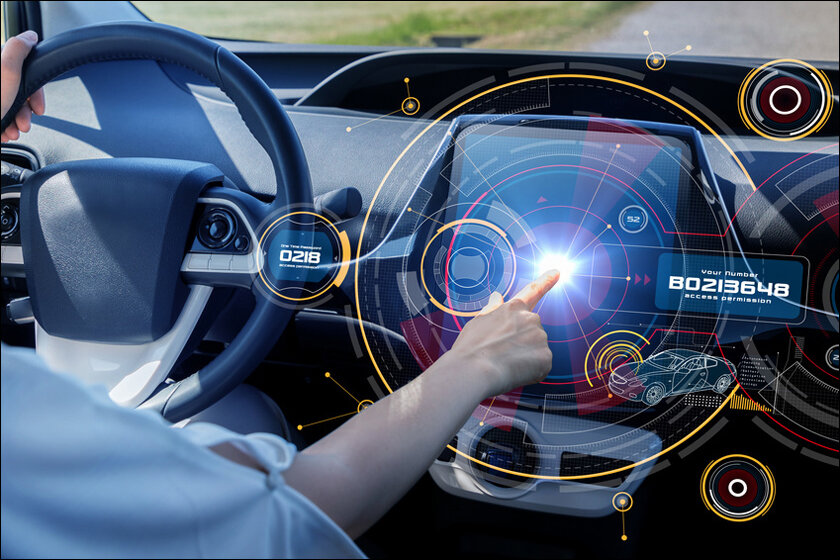
Moreover, AI plays a crucial role in optimizing energy management by identifying the most efficient route to a destination, considering factors like traffic and weather. It contributes to the safety features of electric vehicles (EVs) in multiple ways. AI powers the battery management system, ensuring the safety of the onboard battery packs. Advanced driver assistance systems (ADAS) utilize AI to detect and avoid potential road hazards, including pedestrians, cyclists, and other vehicles, thereby enhancing overall road safety.
AI is revolutionizing the electric vehicle ecosystem, from design to user experience.
AI’s influence extends significantly to the design and manufacturing processes of electric vehicles (EVs), contributing to the overall improvement and growth of the EV industry. Many automakers entering the electric vehicle segment view AI as a valuable asset. The technology aids in streamlining the research and development (R&D) process for new vehicles, reducing design and development time, and identifying and rectifying flaws in the design and development processes. This penetration of AI in the automotive sector proves instrumental in enhancing efficiency and innovation throughout the entire lifecycle of electric vehicles.
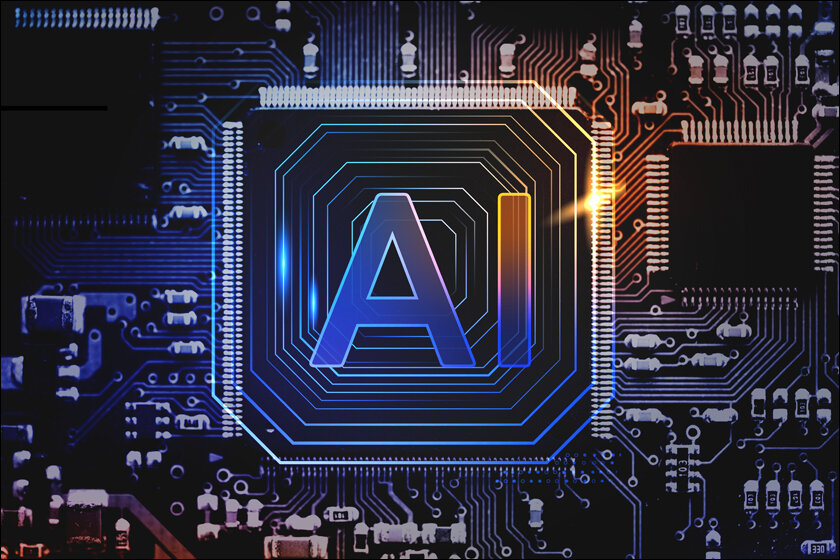
MG Motor, a prominent automaker in India, has emerged as a leader in introducing connected and electrified technology. According to Manish Patel, Senior Director of IT at MG Motor India, AI-guided software plays a pivotal role as a differentiator and enabler for electric vehicles. MG is leveraging the evolving capabilities of AI to pioneer advancements in vehicle safety and manufacturing efficiency. Notable technological strides include the implementation of Digital Twin to enhance the efficiency of the PTCED line in manufacturing and the establishment of an electric vehicle power distribution unit featuring AI-driven elements like Cobot, Vision system, and AR-assisted light guide system. These innovations contribute to error-free assembly and quality control, minimizing the risk of product recalls.
Ashish Sharma, VP – Automotive, India at Capgemini Invent, emphasized the impactful role of AI-driven algorithms in optimizing vehicle design for electric vehicles (EVs). These algorithms are instrumental in enhancing aerodynamics, reducing weight, and improving energy efficiency, thereby elevating the overall performance and range of EVs. According to Sharma, AI transforms the traditionally slow automotive design cycle by accelerating iterations through extensive data sets and algorithms. This acceleration benefits various aspects, including aerodynamics, battery performance, and the development of innovative systems that drive the evolution of EVs. Additionally, AI facilitates the integration of advanced features in EVs, such as autonomous driving, smart navigation, and personalized in-car experiences, catering to the growing preferences of consumers.

Siddharth Jhunjhunwala, CEO of Web Spiders Group, an AI aggregator firm, highlights the transformative impact of AI on the design and manufacturing process of electric vehicles (EVs). Acting as a virtual Chief Product Officer, AI enables next-generation designs and precise cost estimations, expediting the product launch timeline from years to months. This acceleration promotes agility and prevents a fixed mindset in EV range development. Jhunjhunwala points out that AI enhances EV manufacturers’ offerings by providing proactive notifications to reduce insurance costs through collision prevention. Additionally, it minimizes wear and tear by processing real-time data to predict car health and ensure safety.
AI has the potential to create a flood of new income streams in the EV business.
In addition to its transformative role in enhancing the electric vehicle industry, AI holds the potential to unlock new revenue streams. According to Siddharth Jhunjhunwala, AI can facilitate this by creating opportunities for customization and real-time branding for electric vehicle makers. This not only expands the horizon of possibilities for manufacturers but also opens avenues for innovative and personalized experiences, contributing to the industry’s continued growth and evolution.
Manish Patel from MG Motor India emphasizes the crucial role of technology, particularly AI, in reshaping the business landscape of the electric vehicle (EV) industry. He notes that technology is creating opportunities for generating new revenue streams. The automotive sector is leveraging AI capabilities to drive innovation, enhance customer interactions, and optimize operations. Patel highlights how AI enables the analysis of extensive customer data, allowing for the creation of finely tuned and personalized marketing campaigns based on individual preferences and behaviours. This precision in marketing strategies can increase conversion rates, ultimately boosting sales and strengthening overall revenue in the EV industry.
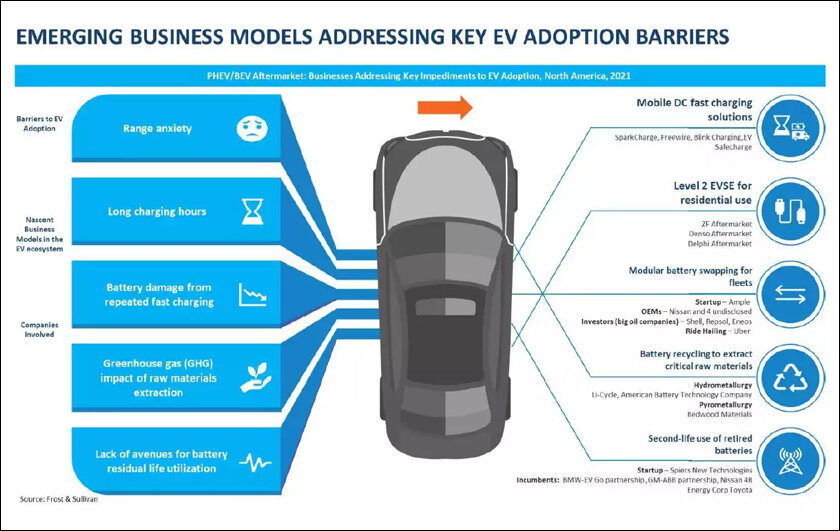
Ashish Sharma from Capgemini shares the belief that AI holds the potential to address the changing needs of consumers and the market, opening up new revenue sources for Original Equipment Manufacturers (OEMs). He points out that one significant avenue is through advanced driver-assistance systems (ADAS) and autonomous driving capabilities. AI algorithms, processing real-time data from sensors and cameras, enable features such as lane-keeping, adaptive cruise control, and automated parking. These capabilities can be offered by manufacturers as premium add-ons or subscription-based services, creating additional income streams.
Gunjan Malhotra, Director of Komaki Electric, supports this perspective, suggesting that AI algorithms can be effectively utilized to analyse data from connected vehicles. This analysis provides valuable insights for targeted marketing and introduces new revenue opportunities within the electric vehicle ecosystem.
In the ever-evolving landscape of automotive innovation, the marriage of Artificial Intelligence and Electric Vehicles emerges as a transformative force. From revolutionizing design and manufacturing to optimizing user experiences and unlocking new revenue streams, AI fuels the electric vehicle industry’s journey into the future. As technology pioneers like MG Motor harness AI for safety, efficiency, and differentiation, and industry experts foresee customization and branding opportunities, it’s clear that the synergy of AI and electric vehicles is steering us towards a dynamic and promising era of mobility. Buckle up for a ride where innovation, sustainability, and profitability converge on the road ahead.



